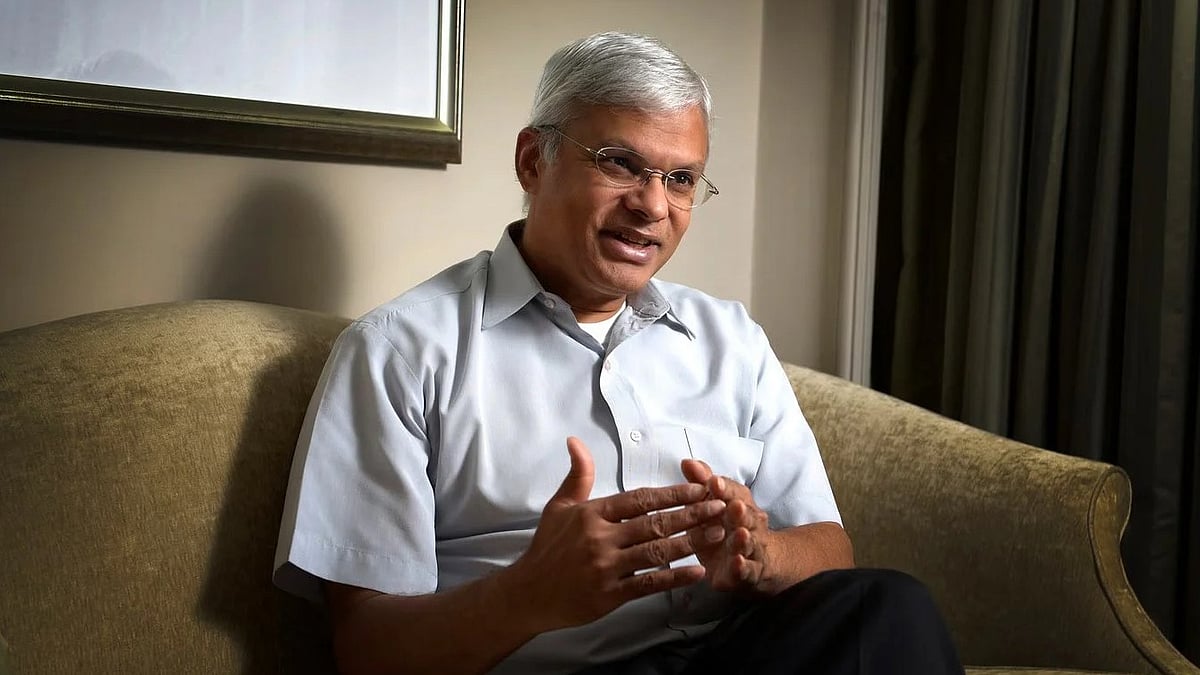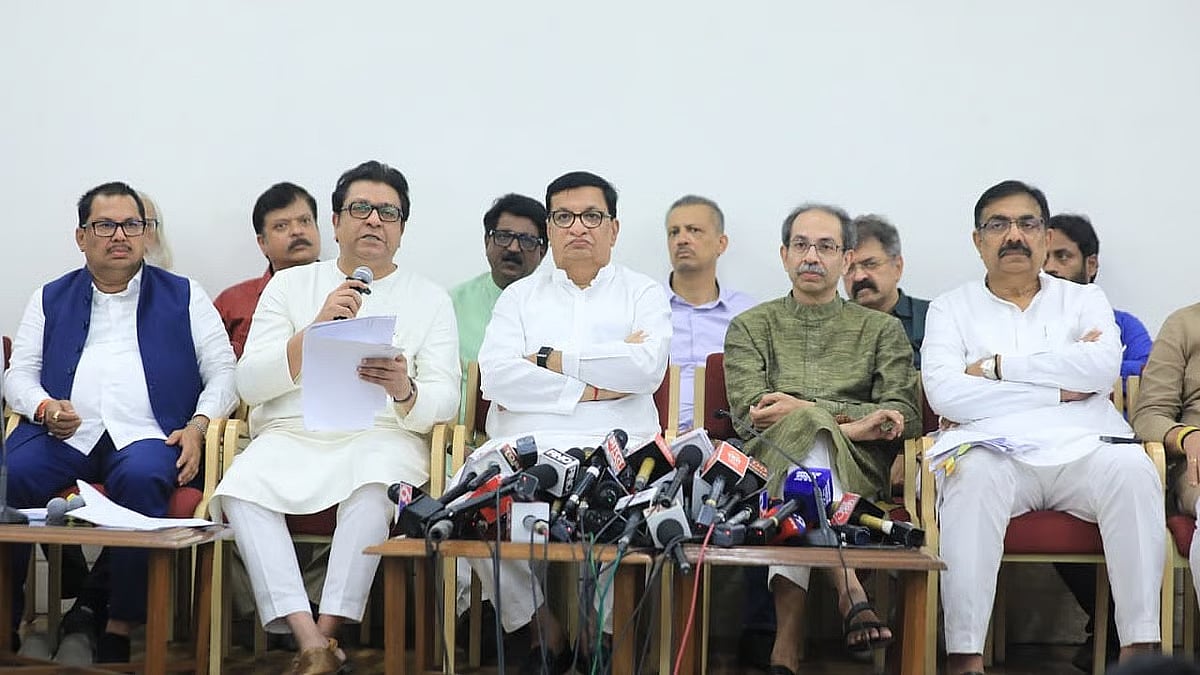The last one and a half years is a saga of human spirit trying to grapple with the challenges posed by the COVID-19 pandemic and emerge triumphant.
The pandemic has also disrupted the Indian education system which is undergoing systemic changes. If objectives of National Education Policy (NEP) have to be realised, it is critical to embrace technology and innovation in teaching and learning.
The adoption of a hybrid-learning approach at various levels has the potential to increase access as well as improve quality of education, thus addressing two key objectives of the NEP.
Online education here to stay
The world may soon put the pandemic behind it following vaccination, booster doses and development of new technologies. Online education introduced as an emergency response is here to stay albeit in a modified form. Experts predict that the future education delivery will be a blended one. It is in effect a mix of physical off-line classes coupled with online education.
Online learning as well as hybrid learning place a lot of responsibility on the part of students. Their full and active participation are critical to its success. Hybrid model can have different levels of utility across middle school education (class 6 to 8), secondary education (class 9 to 12) and higher education (UG upwards). As one can easily see, it will have progressively increasing utility as one moves up the educational ladder.
The experience gained during the pandemic has been invaluable in showing the future possibilities of using online platforms. An academic or expert sitting anywhere in the world can share his or her perspective to a virtual audience without the institution having to incur travel and stay costs. Such a flexibility has opened up a world of possibilities for education sector.
Many Indian institutions tout a state-of-the-art physical infrastructure not realizing that it is a necessary condition but not sufficient enough to realize educational outcomes. We need a robust intellectual infrastructure, besides digital infrastructure for which an acute need was felt during the pandemic period. In the coming years, we will in fact need “phygital” infrastructure keeping the hybrid model in view.
Online education, degrees must be frees from regulatory shackles
Online education and degrees must be freed from the current regulatory shackles. As the old age adage goes, the road to hell is paved with good intentions. In fact, these regulations defeat the very purpose of doubling gross enrolment ratio (GER) to 50 percent, a lofty objective stressed by the National Education Policy (NEP). These regulations are underpinned by an element of distrust and have been framed with a section of dubious players in mind. The higher education regulatory agencies have perhaps not realized that in the process, they are in fact punishing the good ones too.
The University Grants Commission (UGC) has increased percentage of online MOOCs credits from 20 percent to 40 percent which can be earned as a part of a course. It is a good move provided quality issues in MOOCs and online learning are fixed. What’s good for the goose is good for the gander too.
When all educational institutions in fact embraced 100 percent online education in the last one and a half years in the wake of a lockdown, how can you have curbs on which institutions can give online degrees and which ones cannot? What is the rationale? Why doesn’t the Government leave it to market forces to punish dubious players which in any case will get exposed by the poor quality of education? Does the answer lie in making online education more perfect and robust? Sometimes, we end up touching the wrong side of the stick or for that matter solution.
Even as new Universities get recognition under Section 2(f) of the UGC Act, 1956, they stare at a diktat that thou shall not enter into distance education or online education, unless approved. Such regulations impede the efforts of edupreneurs and go against the objective of universalisation of education or enhancing GER significantly in the next 15 years, as envisioned in NEP.
Why hybrid learning is here to stay
Several studies have highlighted the learning loss during the pandemic. When we review the number of children without digital devices, it is as high as 70 percent in J&K and Madhya Pradesh. The picture in other states is also a cause for concern. In order to secure maximum benefit from the hybrid education, we need to fix the digital divide. In addition, digital infrastructure available in the educational institutions must be strengthened in a big way. The teachers who play a pivotal role must be fully trained in the pedagogical techniques required for blended or hybrid learning. It calls for a finetuning of the existing techniques and deploying new ones.
Hybrid learning is not only relevant, but will be there to stay in the years to come. We need to devise ways to means to ensure that we derive maximum benefit for all and that teaching and learning objectives are achieved.
(Dr. Y.S.R. Murthy is Founding Vice Chancellor, RV University, Bengaluru)










